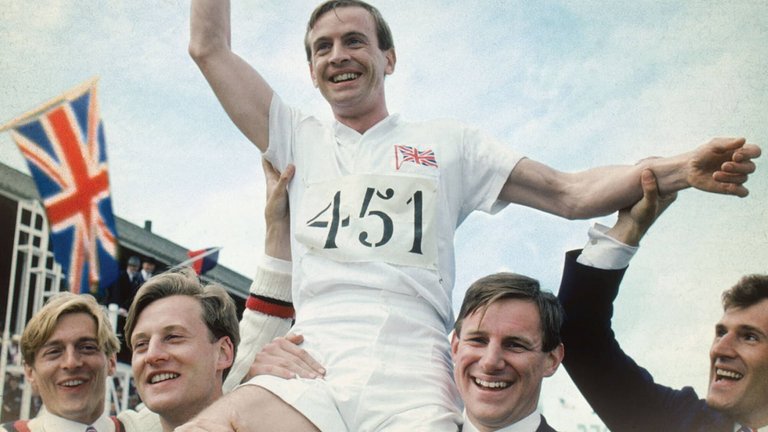Retro Film Review: Chariots of Fire (1981)

Few people these days are willing to view the "Oscars" as a true measure of a film's quality, as many "Oscar"-awarded films often fail to stand the test of time and maintain their reputation beyond the initial hype. This phenomenon is not new, and over the past fifty years, there have been numerous examples of "Oscar" winners fading into obscurity. One such example is Chariots of Fire, a 1981 drama directed by Hugh Hudson.
Among the few who remember it, most are likely to recognise Vangelis' musical score while forgetting the plot. Set in 1924 Britain, the film narrates the tale of two contrasting men chosen to represent their country at the Paris Olympic Games. Harold Abrahams (portrayed by Ben Cross), the son of a wealthy Jewish financier, attends Cambridge and views athletics as a means to combat underlying anti-Semitism. Eric Liddell (played by Ian Charleson) is a devout Scottish Christian who sees his athletic abilities as a way to honour God. The two compete against each other before joining the British track team at the Olympics, where they face formidable American opponents.
Chariots of Fire can be deemed a successful film. The early 1920s British period is authentically recreated despite modest budgets. The roles are portrayed by a diverse cast, ranging from esteemed veterans like Sir John Gielgud to relatively unknown young actors such as Cross, Charleson, Nigel Havers, and Nicholas Farrell, many of whom would later become prominent figures in British cinema and television. Colin Welland's script adeptly narrates the story, while Vangelis delivers one of his initial remarkable film scores that seamlessly blends with the period setting despite its modern electronic instrumentation.
The film's success could be attributed more to its content than Hugh Hudson's direction. As Hudson's debut feature, certain scenes exhibit either excessive sentimentality - particularly in slow-motion track sequences - or a visual quality that belies its actual budget. Viewers familiar with British television may ponder whether Chariots of Fire could have fared better with a smaller budget and a more seasoned director. It is understandable why Hudson's subsequent career did not reach great heights; some may argue that producer David Puttnam played a more pivotal role in the film's ultimate triumph.
The film's triumph can also be understood within its specific political context at the time of release. Against the backdrop of the 1980 Olympic Games boycotts in Moscow, Chariots of Fire, despite Puttnam's efforts to infuse left-wing politics into it, was perceived as an unabashed display of patriotism - a sentiment much needed for audiences in Britain during the late 1970s and early 1980s. In many ways, Chariots of Fire represented the British equivalent of Rocky - symbolising a shift towards conservatism under Margaret Thatcher akin to America's experience with Ronald Reagan.
Even without its historical, cultural, and political context, Chariots of Fire remains a recommendation-worthy film. It holds value for viewers despite being another example that prompts one to associate "Oscar" with "overrated."
RATING: 7/10 (+++)
(Note: Original version of the review is available here
Blog in Croatian https://draxblog.com
Blog in English https://draxreview.wordpress.com/
InLeo blog https://inleo.io/@drax.leo
Hiveonboard: https://hiveonboard.com?ref=drax
Rising Star game: https://www.risingstargame.com?referrer=drax
1Inch: https://1inch.exchange/#/r/0x83823d8CCB74F828148258BB4457642124b1328e
BTC donations: 1EWxiMiP6iiG9rger3NuUSd6HByaxQWafG
ETH donations: 0xB305F144323b99e6f8b1d66f5D7DE78B498C32A7
